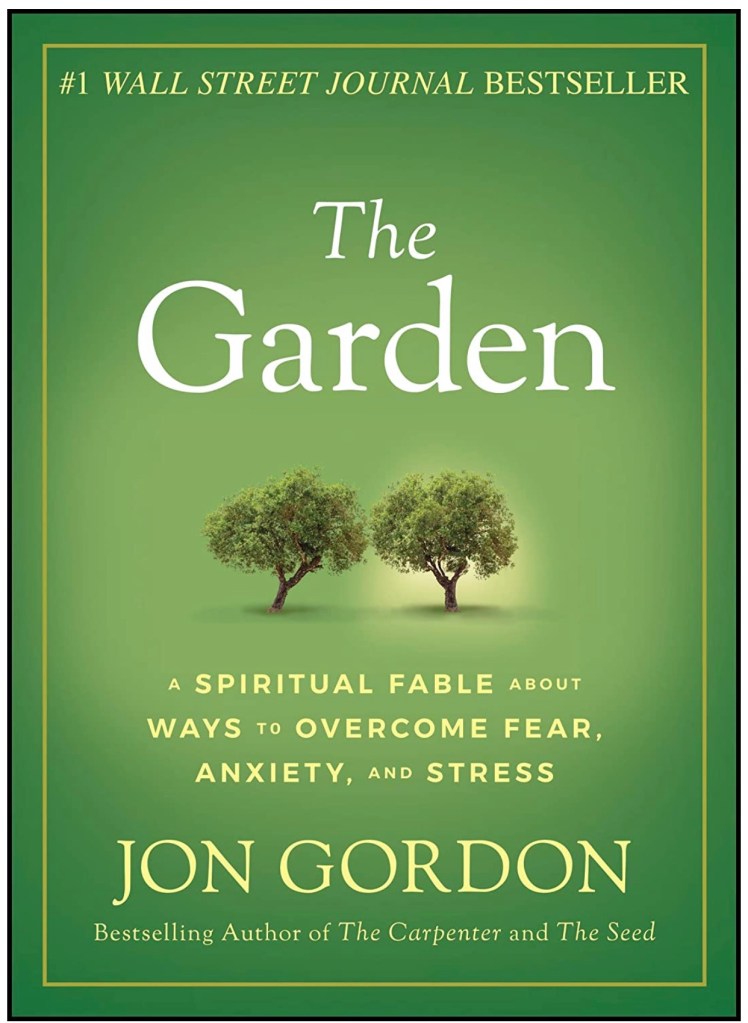
I’m bone-tired. Exhausted.
But when I look back over some of the entries I’ve written in my personal journal since the beginning of the year, I see that I’ve been in worse places. I forgot where I was in January/February.
I flip forward in the journal and see an entry from earlier in September…
“Yesterday was our best day this week so far!”
And an entry from a week after that…
“Ethan had another hard day yesterday.”
Sounds like a roller coaster, I know, but that isn’t the point of this post. When I read back through journal entries from earlier this year, I remembered how separated from God I felt in early 2020. I read entries where I wrote about the sin that was in my life at the time that was keeping me from Him. I was overcome with gratitude for the written record I had of my faith journey.
See, I keep a journal. I try my best to write in it daily. I keep notes from formal Bible studies I do at church as well as concepts I study on my own. When I research the original Greek words used in a Bible passage, I write it down. When I read a book of the Bible, I study and make notes on commentary about that book, plus I record my own thoughts from what I’ve read. I write out my prayers a lot, too, like I am writing a letter to God. I also write down my own thoughts on the day in general – things my family has done, current local and world events, things that are bothering me, goals I have, pretty much whatever comes into my head during my writing time.
I believe in the power of writing, can you tell?
You should try it.
If you don’t already keep a daily journal – especially if you are a Christ-follower who wants a deeper relationship with Him – grab a notebook and a pen and start today. No need to worry about grammar or punctuation. You don’t have to be a “writer.” It isn’t too time-consuming. There is so much value in writing down your thoughts, prayers, what you’re studying, and what’s going on in the world.
For example, I had completely forgotten about the spiritual pit I was in back in January/February.
How could I forget about feeling so desolate, you may ask?
Well, Covid-19.
Enough said.
But reading entries from that time was a blessing for me. It reminded me of what God has done for me, how He knew all the pleas scrawled on notebook paper (and heard the ones that never left my heart) and answered me. How He showed me that the separation was my doing. It was my willful disobedience keeping me from Him. How He forgave me when I turned from my sin and how He restored me.
As overwhelming and out of the ordinary as things have been since the spring, I can’t imagine I would have remembered the experience in such vivid detail if I hadn’t been journaling. The lesson may have been lost on me if I didn’t have a record I could reread.
I urge you – start journaling.
Get yourself a cheap spiral-bound notebook from Dollar General or order something fancy and leather-bound from Amazon. Doesn’t matter. Just get something and start writing.
Tips for Journaling
*In the inside cover of your journal, write the date you start writing in it as well as the date of your last entry.
*Date individual entries – you could even include the time of day and your location
*Set a timer – If you’re new to journaling or writing isn’t really your “thing,” start with 5 minutes on the timer. Challenge yourself to free-write – write without stopping, without worrying about how it looks or sounds – until the timer goes off. As you get more comfortable, add more time or stop using the timer altogether.
*Write whatever you want. There are no rules. No right or wrong.
*Don’t go back and reread entries to edit them. This is just about getting your thoughts out. (If the entry becomes something you want to share later on, go back and edit at that time).
*Set aside time to write every day. Make an appointment with yourself and pledge to keep it. Set a reminder on your smartphone if necessary.
*Type your journal entries into Word or Google docs (if you’re more high-tech than me. I like paper and pen). There are even voice recording apps for smartphones that you could use to dictate your entries. (I use the Voice Memo app on my IPhone when I have writer’s block or when I have a thought that I need to get out, but I can’t stop and write at the moment).
*If you get serious and decide you may want to find and post your handwritten entries or reuse them in some way, use 3M sticky labels to mark the topic of your entries, the verse you were studying, the book of the Bible you were reading, etc.

*If you’re keeping the notebooks in your home after you fill them with entries, choose a specific place to keep them – a bookshelf, drawer, or container, and put them in chronological order.
Ok, then. Ready. Set. WRITE!!!

Ok all you fellow writers and journalers out there, let me hear from you. Why do you write? What do you write about? Share your tips on starting and keeping up a writing/journaling habit.




